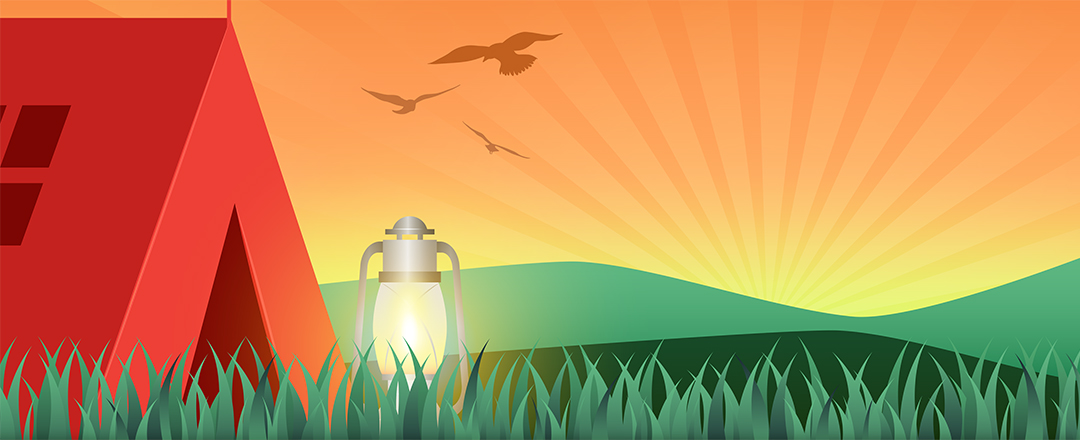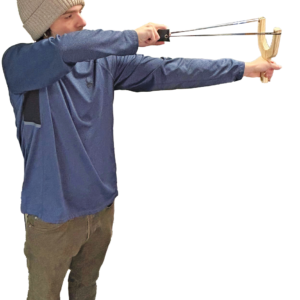
Solo Camping
What if you want to go camping – or maybe hiking – and there is no one to go with. People are busy with work or kids, and some hate sweat and mosquitoes. Or perhaps all your potential adventure buddies are states away. Inevitably schedules do not mesh and people have different priorities. If you really want to do these activities, you may find yourself faced with two options: keep waiting, or go for it anyway.
When you announce that you are going camping by yourself, especially if you are a woman, you may get similar responses. Concerned citizens warn you of the hazards and dangers of questing forth on your own. Friends pity you for having to do things by yourself, and particularly not with a man to keep you safe. Some people commend you for your bravery, while keeping to themselves that they think you are foolish. Everyone knows you will succumb to loneliness, and there is the unsaid mutual understanding that you will probably end up in a ditch somewhere dead.
The reality, however, is that solo camping is no more hazardous than any other activity. With appropriate knowledge, foresight, and the usual care required for any outdoor activity, you don’t have to wait until someone else gets a few days off work. Nor do you have to wait until you find a boyfriend or get married to someone adventurous so you can hike.
Fear and Safety
First and foremost, fear and safety must be addressed. Many of us as women are raised from the time we are young with the knowledge that we are smaller physically, and more likely to be the victims of danger and violence, especially from other people. This can easily hold us back from doing activities from our own if we let fear take control. Fear usually has a way of holding us back from living life to the fullest, after all.
While that fear is not entirely unfounded, actual statistics show that the potential danger present while solo camping or hiking is not clear-cut as one would have you think. According to the article Sleeping Alone in the Woods While Female, women are most likely to be attacked and assaulted in their own homes or private spaces, and three quarters of women already know their attackers. The threat from a lone stranger waiting around the corner does happen, but it’s statistically less common.
National parks are also comparatively significantly safer than the world at large where you go about your daily business. According to the National Park Service, there are significantly fewer reports of violent crimes compared to the national average. National and state parks are fairly safe places to be. While it is possible there may be a bad guy lurking behind that rock or tree up ahead, this is like fearing a shark bite over a car accident.
Hiking alone does have the potential dangers of injury or getting lost, for both men and women. But statistics there win out in our favor as well. Robert Koester, who maintains a database on search-and-rescue incidents, reports that hiking solo is more dangerous for men. 80 percent of search and rescues are initiated by men. In those cases, twelve percent of men end up dead, compared to nine percent of women.
No matter who you are, it’s a good idea to take safety measures when camping, hiking or traveling out on your own. Tell a less-worrysome friend where you are going, what you are doing, and when you plan on returning – this is something even experienced campers do. First aid knowledge is a good skill for everyone to learn, and a personal GPS messenger or tracker might be a good backup to ease everyone’s mind.
Statistics alone, however, don’t always prevent fear. The new camper will almost undoubtedly feel some apprehension as they set up their tent, even in family-filled campground. First time solo campers are going to hear every last little sound late at night, including that critter snuffling around just inches from your head and separated from you by a thin tent. If numbers can’t squelch the fear, then what can?
Experience
Questing forth to hike and camp the Appalachian Trail by yourself for your first trip is not the wisest of choices, but there is no reason not to get your feet wet first. Start small and local, and get the hang of camping with friends or classes to start out if you are inexperienced. The more experience you gain, the more confident you will become, and the more you know just what you can handle.

County or smaller state parks are a good option for brand-new hikers and campers. You can reserve a campground for a night or a few. You’ll still be close to your car, bathrooms and electricity if you need it, while learning how your tent works, if your pad or mattress and sleeping bag works for you, and to hone your campfire-making skills. You can hike the park’s trails for a few hours at a time without having to carry everything with you, and you can feel out where your limits are.
Classes on hiking and camping are also available. Check with your county or state parks, local outdoor stores, or college campus. These classes may be anything from several-hour events to overnight excursions as a group to something that prepares you for a longer journey. You will learn about safety concerns, your local terrain and wildlife, and get a good grasp of general practices and habits.
Finally, don’t hesitate to gain experience as a group before you set out on your own. Many solo campers and hikers start out with groups, family, and friends to gain the skills and experience before setting out on full-fledged hiking and camping trips on their own.
Community
One of the benefits of solo camping is that feeling of accomplishment and independence you gain through doing something yourself. You are the one to pitch the tent, build the fire, make your food. You make the decisions and there is no need for deliberation with others. Many solo campers find peace that comes with being alone in nature incredibly rewarding. But you can find community even in solo camping.
Online you can find whole communities of women who camp and hike solo, and many of them are more than happy to talk to you about their experiences, what to be prepared for, and where they have been. Look up Facebook communities or solo camper bloggers, and strike up a conversation. Not everyone will have useful advice, but many people like to share their own stories.
While hiking, or at a campground if you go that route, you may encounter other people. Trust your gut on those you encounter, be polite, follow etiquette, and recognize you are sharing the woods and hiking trails, even while on your solo journeys.
Conclusion
While solo camping and hiking as a woman may seem dangerous or frightening, it can also be immensely rewarding. You learn your own skills and strengths, and you can enjoy the peace and quiet of solitude in nature. You might just find you love it.




